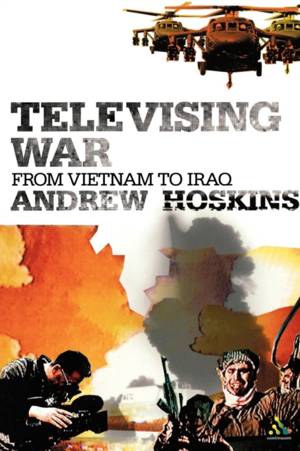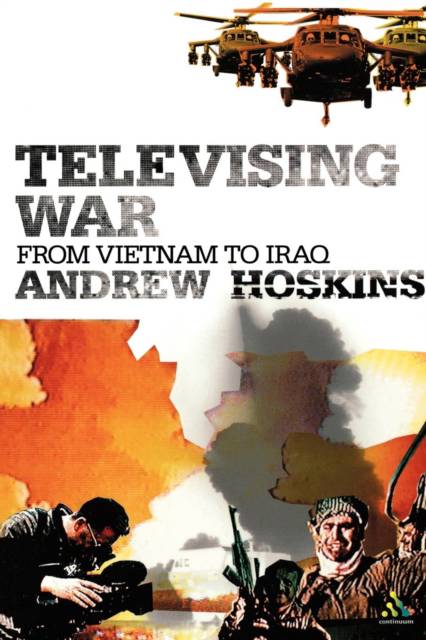
- Retrait gratuit dans votre magasin Club
- 7.000.000 titres dans notre catalogue
- Payer en toute sécurité
- Toujours un magasin près de chez vous
- Retrait gratuit dans votre magasin Club
- 7.000.0000 titres dans notre catalogue
- Payer en toute sécurité
- Toujours un magasin près de chez vous
Description
Our relationship with the past-whether judgment, celebration, commemoration or denial-has become an important part of public culture. This book explores the relationship between televisual communication and memory-focusing on the conflicts that have disrupted and changed our world over the past 50 years-with particular reference to the current war in Iraq.
Case studies cover the Holocaust, Vietnam, both Gulf Wars and Kosovo. Though the Vietnam War was extensively televised, it was framed within a domestic U.S. context. By the time of the latest Gulf War and Kosovo the coverage of warfare was both more immediate and more global. Hoskins illustrates this with a comparative critique of individual countries' national media framing of war (including Middle Eastern perspectives) in contrast to the so-called "global" viewpoint of satellite news networks such as CNN. Televising War examines the intertwining of self, society and media that influences our understanding of both past and present.Spécifications
Parties prenantes
- Auteur(s) :
- Editeur:
Contenu
- Nombre de pages :
- 164
- Langue:
- Anglais
Caractéristiques
- EAN:
- 9780826473066
- Date de parution :
- 15-06-04
- Format:
- Livre broché
- Format numérique:
- Trade paperback (VS)
- Dimensions :
- 158 mm x 234 mm
- Poids :
- 254 g

Les avis
Nous publions uniquement les avis qui respectent les conditions requises. Consultez nos conditions pour les avis.






